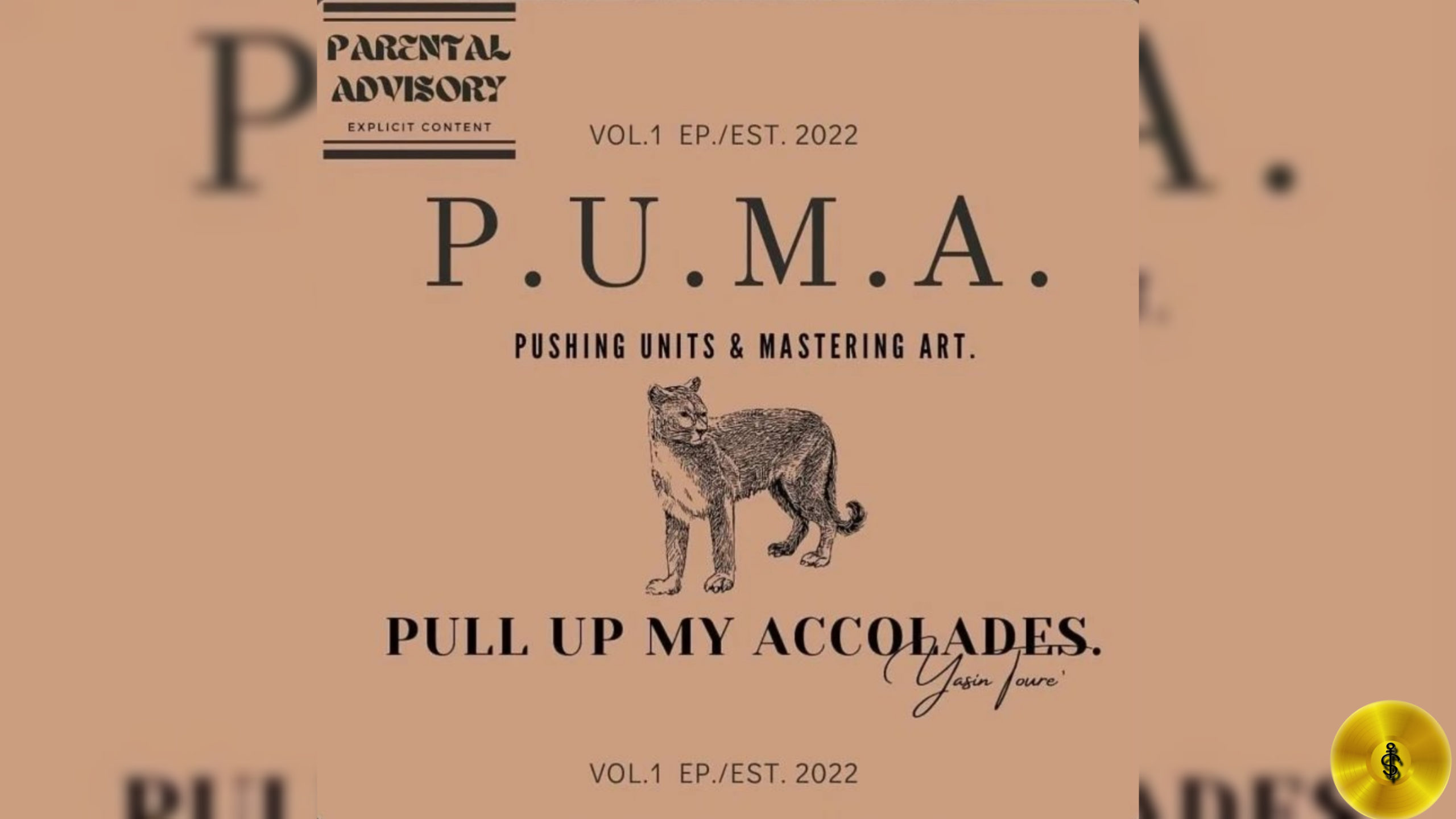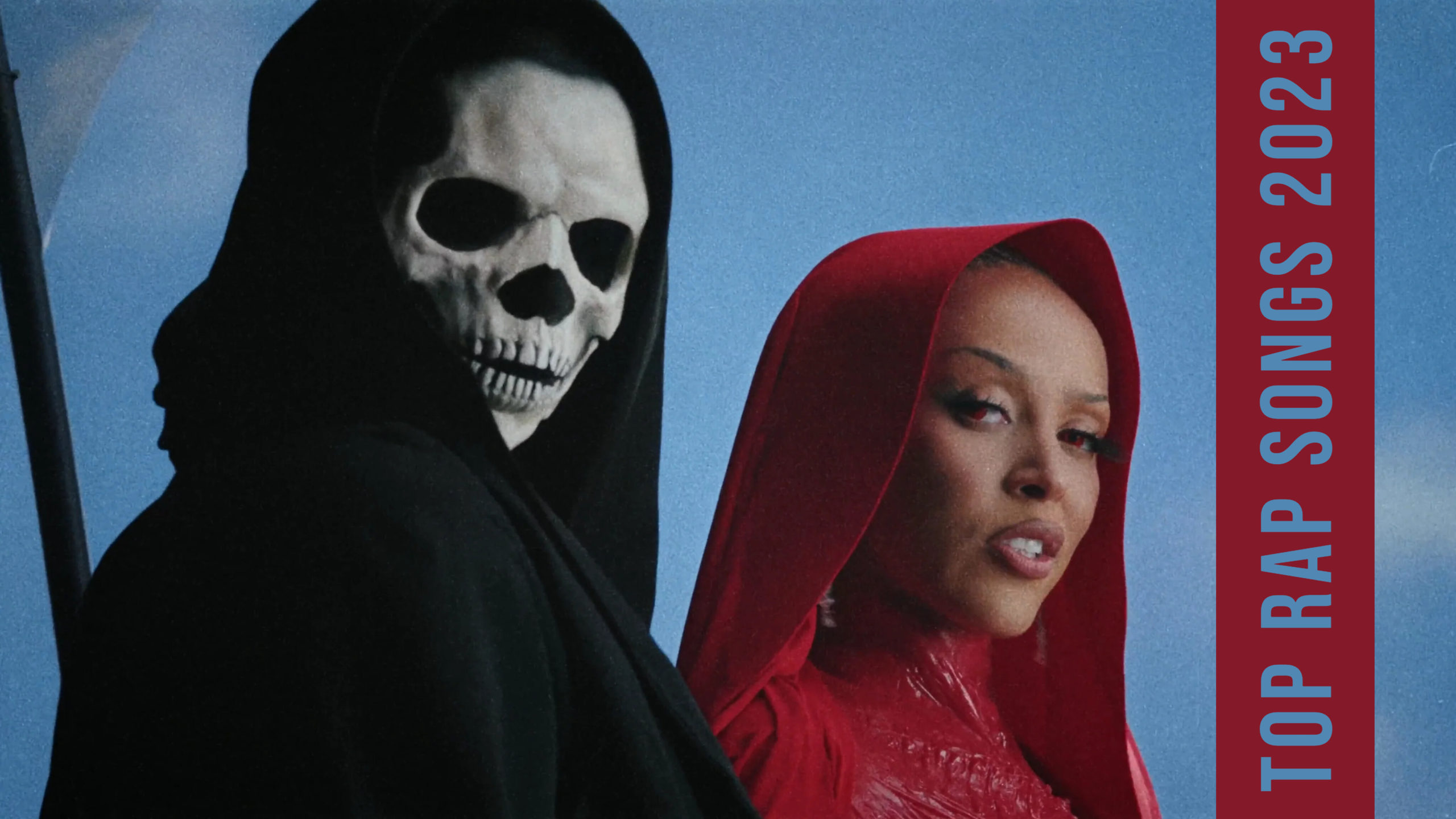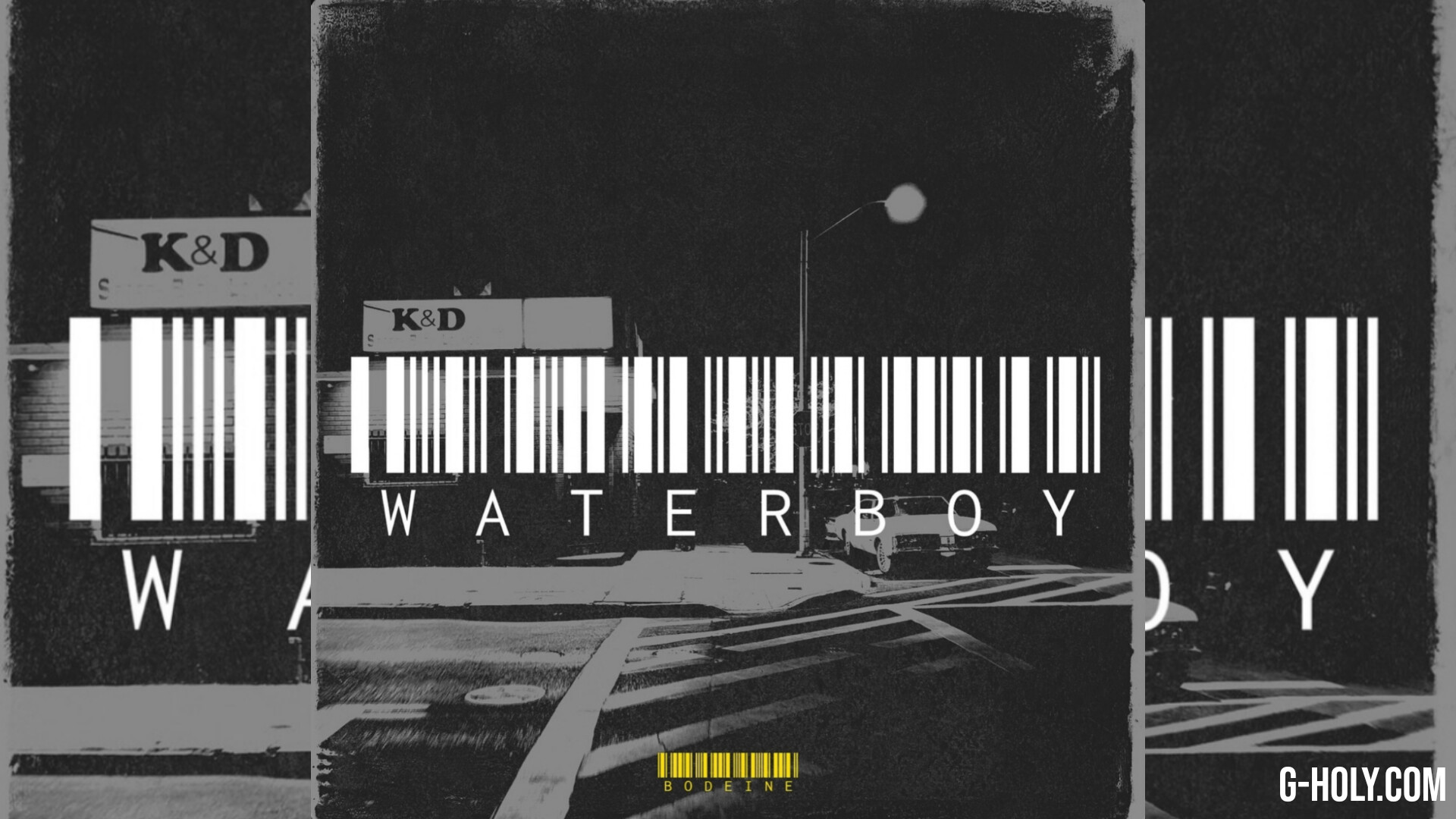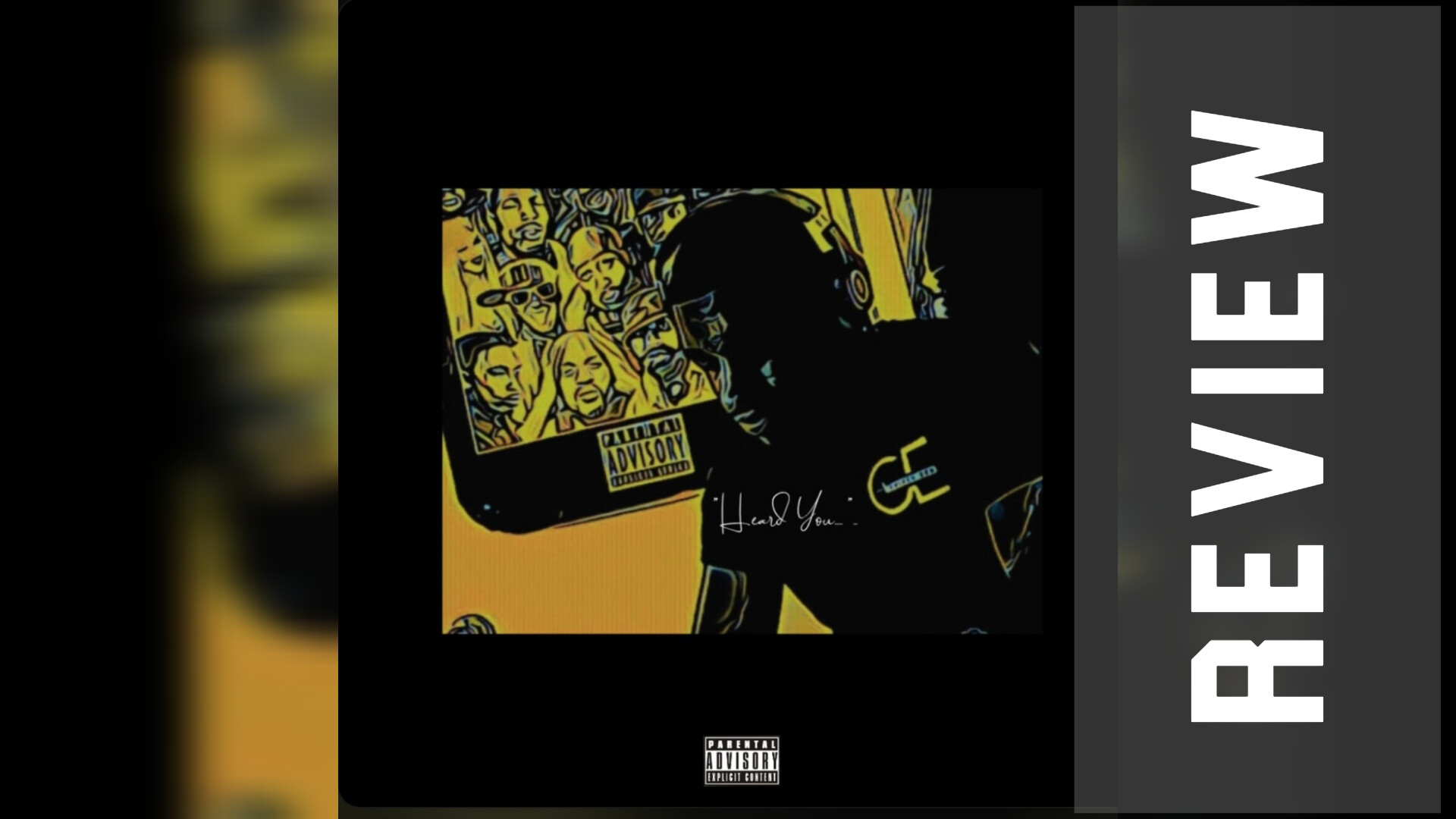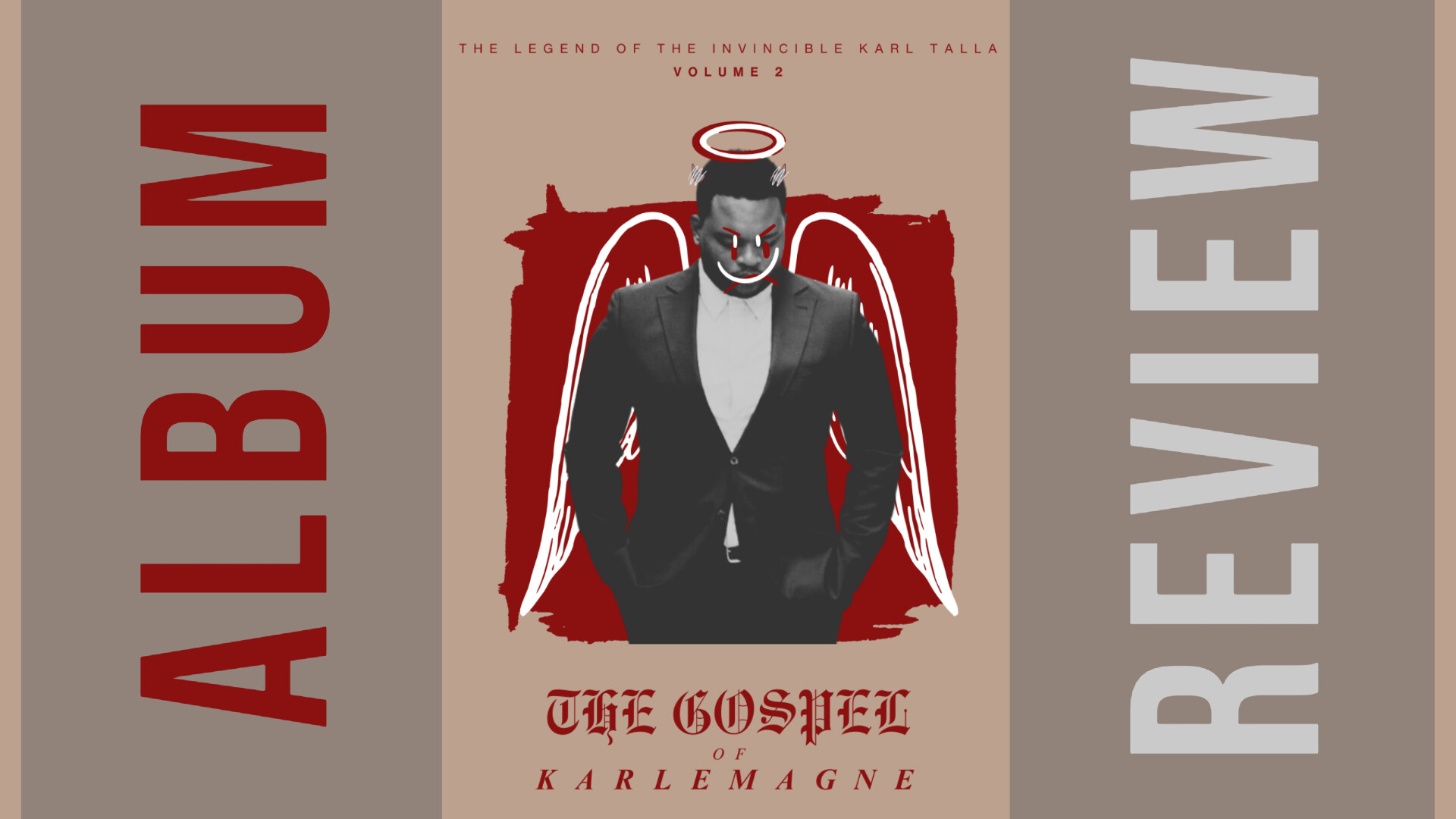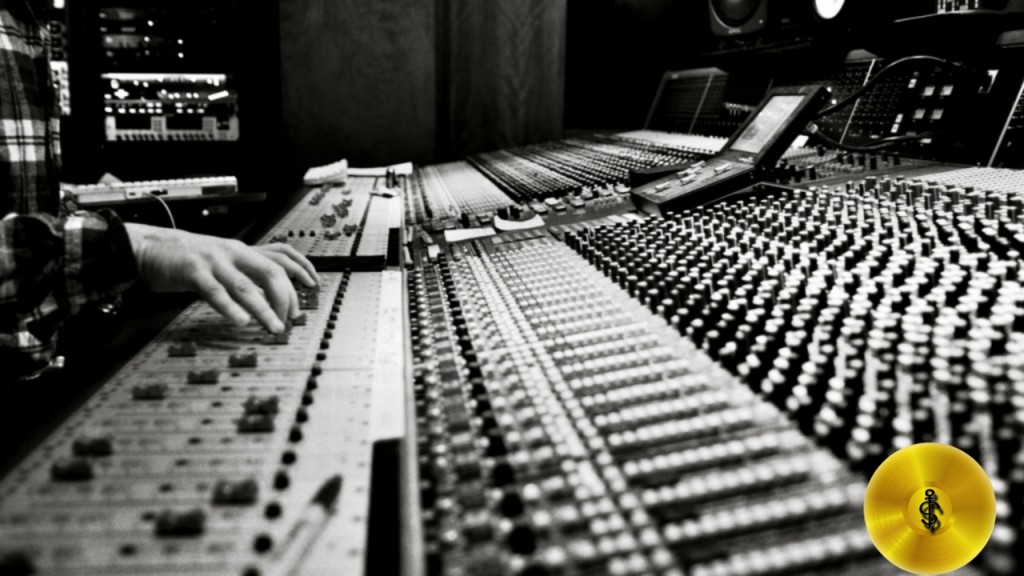
The evolution of the music industry over the last few decades has been both constant and immediate. It is not the same corporate driven machine that it once was. Gone are the days of record label gatekeepers single handedly dictating an artist’s success and relevancy. This can largely be attributed to the inception of the internet and the rise of streaming platforms such as Spotify, Apple Music, etc. It is more important than ever for up and coming artists to understand the nuts and bolts of the music business. Let’s take a deeper look into what has become of the music business in the 21st century.
Presence of Streaming Platforms
Streaming has become the single most popular medium through which Americans consume music. In a study conducted by Business Insider, it was found that over a 1 year period (2015-2016) Americans’ consumption of music via streaming had increased by 76.4%. This trumps the sales for vinyl albums (+10.0%) and CD albums (-16.3%). One can only imagine how much those figures have changed in favor of streaming since that time period.
Now that the business of selling physical copies of music is on its way out, artists and labels alike have had to adapt to the world of streaming. With streaming, money is made on the basis of how many times a given track is played. For instance, Spotify pays an average of $0.00437 per stream. This has changed how artists and labels approach the structure of their projects. Since more streams equates to more money, creating longer projects has become incentivized. It is no longer about selling the most albums, it is about accumulating the most streams on each individual track on an album. The more tracks, the greater the payout. Although traditional sales (such as physical copies sold) are still taken into account, streams can now convert to album sales–resulting in the ability to receive album certifications off of streams alone. This is known as the album-equivalent unit.
As shown in the figure above provided by the RIAA, artists no longer have to depend on physical/digital copies of their projects being sold to receive certifications or to generate profits. Streaming is here to stay and the music industry has taken note. The album-equivalent unit is just further evidence that the model from which the music business is based on has evolved to fit the demand of the consumer. A consumer that has chosen streaming services as the primary mode to consume music media.
Rise of the Independent Artist
Artists no longer need record label backing to have successful careers. Take Chance the Rapper as a keystone example. Chance has had a career spanning almost a decade that includes three Grammy wins to his name and multiple critically acclaimed projects–all achieved without support from a major record label. What artists like Chance do to compensate for a lack of label support is strike up lucrative deals with streaming services. For instance, for his 2016 project Coloring Book, the Chicago rapper signed an exclusive deal with Apple Music; making the project stream exclusively from the platform for a two week period.
Not only did Apple provide Chance with monetary compensation, but they also handled the marketing and distribution for the project. Frank Ocean also struck a similar deal with Apple that same year. Shortly after fulfilling his contractual agreements with Def Jam Recordings, Frank released his groundbreaking album Blonde as an Apple Music exclusive–generating a rumored $20 million payout. In the past, such deals would only be made possible with a record label acting as the middle man between the artist and the music service platform.
Another incentive that has led more artists to pursue their careers independently is the issue of ownership. Oftentimes when an artist records music for a label, the artist does not own that recorded music. The industry term for a recorded performance that can be played back and reproduced for a monetary profit is a master recording. Labels usually aid in producing master recordings for artists. Resulting in them owning the final recording. Thus, the artist has little control over how that master recording is reproduced and who it can end up being licensed to. As an independent artist, one can create their own master recordings and not have to deal with label interference. This is a godsend for artists that wish to maximize personal opportunities for profit and keep creative control of their work.
The SUPER INDEPENDENT’s/Niche Artists

Young Dolph, whose 2019 comments about signing a major record deal have been largely dismissed as trolling, has led the way for the super independent artists for years. The only association the Memphis emcee has picked up along the way is Empire Distribution, an indie started in 2010 associated with countless acts, including Kendrick Lamar’s cult classic, Section 80. In August 2020, Dolph had his highest charting first week sales, coming in at #4 on the Billboard 200 with his album ‘Rich Slave’. The album, which sold 65,000 album equivalents first week, is credited to only his ‘Paper Route’ imprint, along with the aforementioned ‘Empire’. The “100 Shots” rapper tours the southernmost parts of the U.S. per club and show dates just as much, if not more than the average major label artist.

Other “Super Indie’s” like Troy Ave, are pretty much recording from home studios and uploading music via ‘Empire’. It would seem that Troy Ave is only intending to serve his fan base every time out, with most of the promotion and hype coming through social media posts & some outside endeavors, like his “Facto Show” podcast. Russ took a similar but even more indie path, with his famed “Tunecore” rise to stardom through a song-a-week model. Similar to one of his biggest inspirations, Nipsey Hussle, Russ did partner up with a major label to release his debut, There Is A Wolf. A one-album deal with Columbia Records. Since that contract ended in 2017, Russ and his ‘Diemon’ record label have arguably seen even more success. Going back to the “singles strategy”, Russ found his biggest song to date, “Best On Earth” featuring Bia. After a post from Rihanna, the song’s success prompted Russ to release a new album, ‘Shake The Snow Globe‘, and a tour of the same name (since delayed because of the pandemic).
Birth of the 360 Deal
The 360 deal has a certain reputation of infamy in the music world. Young artists sign these deals every year with little regard for what is written in the small print. To understand the 360 deal, one must first realize why it was created. Revenue generated from the sales of recorded music has plummeted since the start of this century. Data provided from Nielsen SoundScan shows that music sales have dropped $7.5 billion from 1999 to 2014. Thus, labels had to create a new business model that would compensate for the decreased sales revenue of records. This is when the 360 deal was created.
To make up for the lack of music sales in the 21st century, the 360 deal was created to grant record labels access to revenue that they would not have traditionally had access to in the past: including the sales of merchandise, revenue from tours, brand deals, film/TV appearances etc. 360 deals also have a lot longer duration than traditional music contracts. This is intended so that the label can try to foster an artist’s career for the long haul and offer a managerial support blanket of sorts for artists fresh to the industry. Per sources, some big name artists that have signed 360 deals in the past include the likes of Young Thug, Fetty Wap and The Migos.
360 deals have been harshly criticized for entrapping artists in long term contracts that favor the interest of record labels. If an artist’s career doesn’t pan out as expected, the long term nature of the contract can financially cripple said artist. The money that is paid to an up and comer to sign a 360 deal is simply an advance–meaning that it has to be paid back to the label at some point in time. When artists sell away their creative brand and musical freedom with 360 deals, they can suffer the consequences for the entirety of their careers.
The music industry has gone through quite the evolution over the years. Streaming has trumped traditional sales, independent artists have gained mainstream prominence, and record labels have become more savvy in crafting contracts. With all of this mind, one must be all the more calculated in starting a career in music in 2021. Keeping in mind that the decisions an artist makes in the nascent stages of their brand can impact them for a lifetime, it is important to stay up to date with industry trends. Education can make a world of a difference in the music business. – PEYTON TENISON
G-HOLY.COM©️

